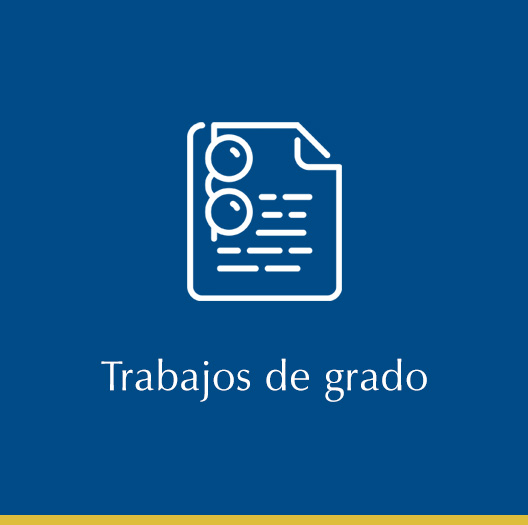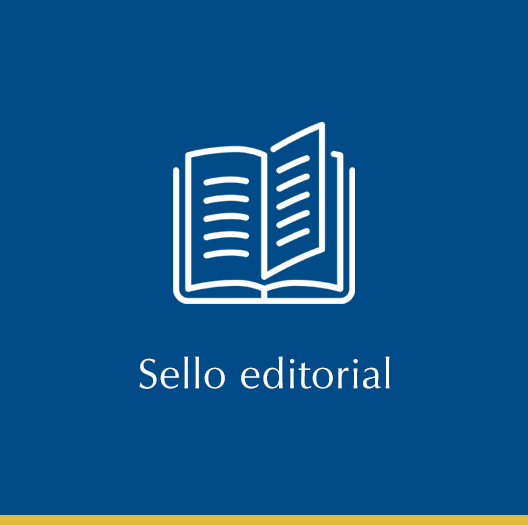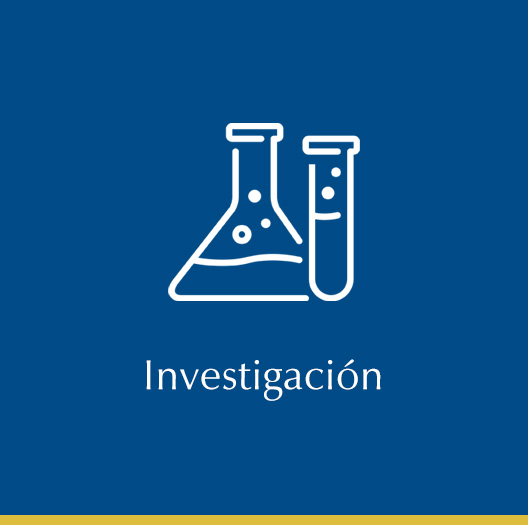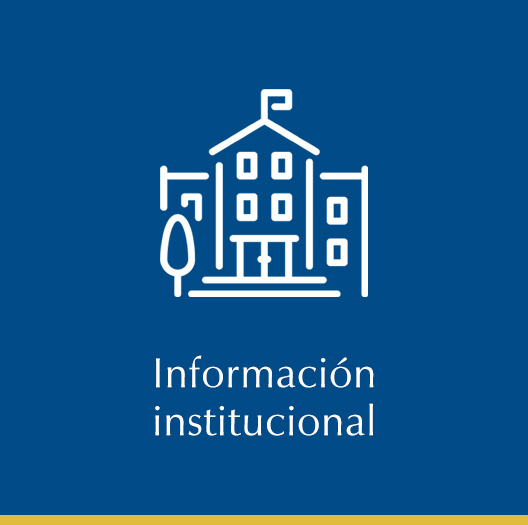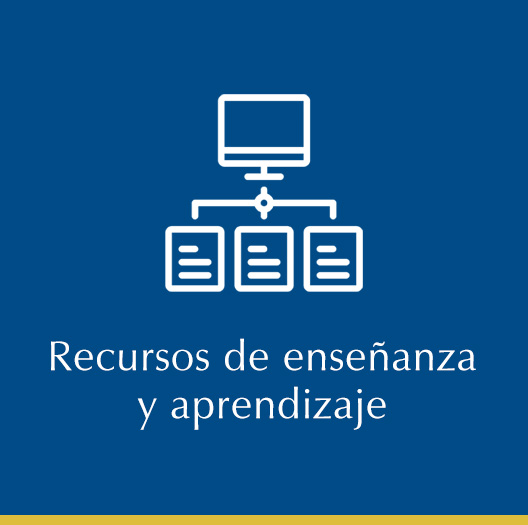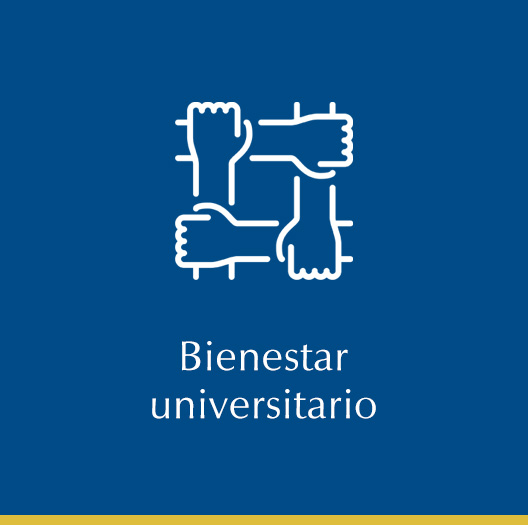Repositorio Institucional
Universidad Santiago de Cali


Documentos Autoarchivo USC
Recent Submissions
Políticas de la información para la educación virtual y la seguridad de la información en las plataformas virtuales educativas
(Editorial Universidad Santiago de Cali, 2025-12-04) Villota Enríquez, Jakeline Amparo; Villota Enríquez, Maribel; González Valencia, Heriberto; Villota Enríquez, Dora Alexandra; Isaza, German Darío; Burbano Erazo, Angie Vanessa
Estrategias y herramientas para la competitividad empresarial
(Universidad Santiago de Cali, 2025-11-28) Colorado Nupan, Daniela; Cardona Álvarez, Diego Fernando; Angulo Otagri, Santiago; Llado Rey, Karen Andrea; Burbano Sarria, Kevin Stiven; Martínez Ruíz, Edgar; Guerra Rivera, Juan Pablo; Mina, Carlos Alberto; Merino Rodríguez, Valeria; Penagos Montaño, Sebastián; Prado Herrera, Yulieth; Rojas Rámirez, Juan David; Vargas Muñoz, Luz Ángela; Cabezas, Luis Eduardo; Castaño Amador, Santiago; Giraldo Mendoza, Ricardo; Zamora Garces, James; Hurtado Caicedo, Natalia; Rivera Pedroza, Aydee Andrea; Beltrán, Leonardo; Aguirre Almeida, Mónica Tatiana; Fernández Hernández, Melissa; Medina Ortega, Lesly Catalina; Díaz Grajales, Carmen Alicia; Patiño Otero, Carlos Alfredo; Enríque López, María Camila; Roncancio Guzmán, Evelin; Góngora Lemus, Ivonne; Amu Vente, María José; Aldemar Obando, Fabio; Jiménez Mena, Jennifer; Hernández Chávez, Natalia; Carvajal Pardo, Paola; Betancourt Galíndez, Shelcea Camila; Girón Brand, Ana María; Osorio Angulo, Jhonier Jheceth; Montano Bedoya, Leyci Yorieth; Montoya Beltrán, Rosa Eneriet; Romo Londoño, Herliz Juliana
Con mucha satisfacción, la Facultad de Ciencias Económicas y Empresariales de la Universidad Santiago de Cali, entrega a la comunidad santiaguina y al público en general, el libro Estrategias y Herramientas para la competitividad empresarial, elaborado con el apoyo de la Dirección General de Investigación (DGI), la editorial universidad Santiago de Cali, el Centro de Estudios e investigaciones en Desarrollo Regional (CEIDER), el grupo de investigación (GISESA), Grupo de Investigaciones Contables, Financieras y Económicas (GICONFEC) y el semillero de investigación en Mercadeo e Innovación (SIMI), de igual manera con el apoyo de los docentes y estudiantes autores de los capítulos del presente libro, como también de los pares evaluadores quienes profesionalmente contribuyeron con sus consideraciones y recomendaciones. El presente libro que lleva por título “Estrategias y Herramientas para la Competitividad Empresarial” consiste en la recopilación de varios artículos escritos por alumnos que realizaron diplomados en la Universidad Santiago de Cali.
Justicia social en Iberoamérica: pobreza, desprecio y corrupción
(Editorial Dike, 2021-09-30) Guadarrama González, Pablo; Mejía Quintana, Óscar; Rodríguez, Adriana Claudia; de la Fuente, José Alberto; Campos Rodrigo, Aníbal; Torres Galarza, Ramón; Obando Cabezas, Arístides; Álzate Castrillón, María Camila; Cruz Claros, Angie Vanessa; Hincapié Cetina, Diana; Fariñas Dulce, María José; Ferlin D’Ambroso, Marcelo José; Castro Monzón, Sebastián; Escalera Bourillon, Jeannette; Ribotta, Silvina
Los filósofos viven en mundos concretos rodeaos de contingencias propias y ajenas, las cuales constituyen el principal insumo para sus observaciones críticas, análisis y reflexiones. Por su parte, a filosofía práctica nos convoca a comprender las contingencias que determinan las posibilidades de ser y hacer como personas situadas en tiempos y espacios, para transformar la realidad a veces acuciante.
Caracterización fitoquímica del extracto etanólico de piper hispidum y evaluación in vitro de la actividad antimicobacteriana frente a bacterias del género Mycobacterium
(Universidad Santiago de Cali, 2024) Mutiz, Naren Julián; González Arias, Catalina; Hernández, Jorge Enrique (Director); Aranaga Arias, Carlos Andrés (Director)
The species Piper hispidum (Family Piperaceae) is a species native to Central and South America which is associated with various pharmacological activities such as anti-inflammatory, diuretic, antimicrobial, antifungal, healing, among others. The selection of this species for the work was based on reports of acrontimicrobial activity for plants of the piper genus. The plant material was collected in the Department of Cali, Valle del Cauca, where an ethanolic extract was prepared using the ultrasound-assisted maceration technique with a yield of 20%, where fractions of different polarities were obtained (petroleum ether, ethyl acetate, butanol and water). The extracts and their fractions were characterized Phytochemically and in relation to their in vitro activity against the strains Mycobacterium abscessus, M. fortitum, M. chelonae and M. smegmatis. The presence of phenolic groups, anthracene glycosides, coumarins, steroids and/or triterpenoids was detected, and the absence of alkaloids, saponins and cardiotonic glycosides was evident. In addition, chromatographic profiles were developed by high-efficiency liquid chromatography (HLC) of the extracts and fractions, which showed compounds of medium and high polarity. The antimycobacterial activity of the extracts and fractions was evaluated by the micro-dilution plate method, which revealed that the compounds contained in the ethanolic extract, as well as the petroleum ether and ethyl acetate fractions of Piper hispidum inhibited the growth at a concentration of 2 mg/mL against the mentioned mycobacteria and for the butanol and water fractions, growth greater than 2 mg/mL was evident.
Prevención del error de diagnóstico en consulta ambulatoria médica con inteligencia artificial bajo el contexto de responsabilidad civil
(Universidad Santiago de Cali, 2025) López Córdoba, Carlos Alejandro; Roa Reyes, Nelson (Director)
This research presents a state-of-the-art study of the advancement of artificial intelligence in addressing factors in electronic health records that contribute to the generation of diagnostic errors described by the Institute of Medicine (IOM) in its 2015 research. Diagnostic errors were characterized in-depth using international mortality statistics and rulings issued by Colombian courts, as well as the nature of the diagnostic error and flaws in the diagnostic process. This research demonstrates how artificial intelligence reduces the frequency of diagnostic errors in decision-making by intervening in clinical and administrative workflows, the effectiveness of the EHR, and clinical documentation. It demonstrates its implementation in different healthcare organizations on several continents, in diverse operational flows, and in diverse environments, showing significant returns. Regarding the progress in defining roles and functions, the research demonstrates progress in creating conceptual frameworks for humanartificial intelligence collaboration for shared work in high-risk healthcare environments, using state-of-the-art AI agents.
